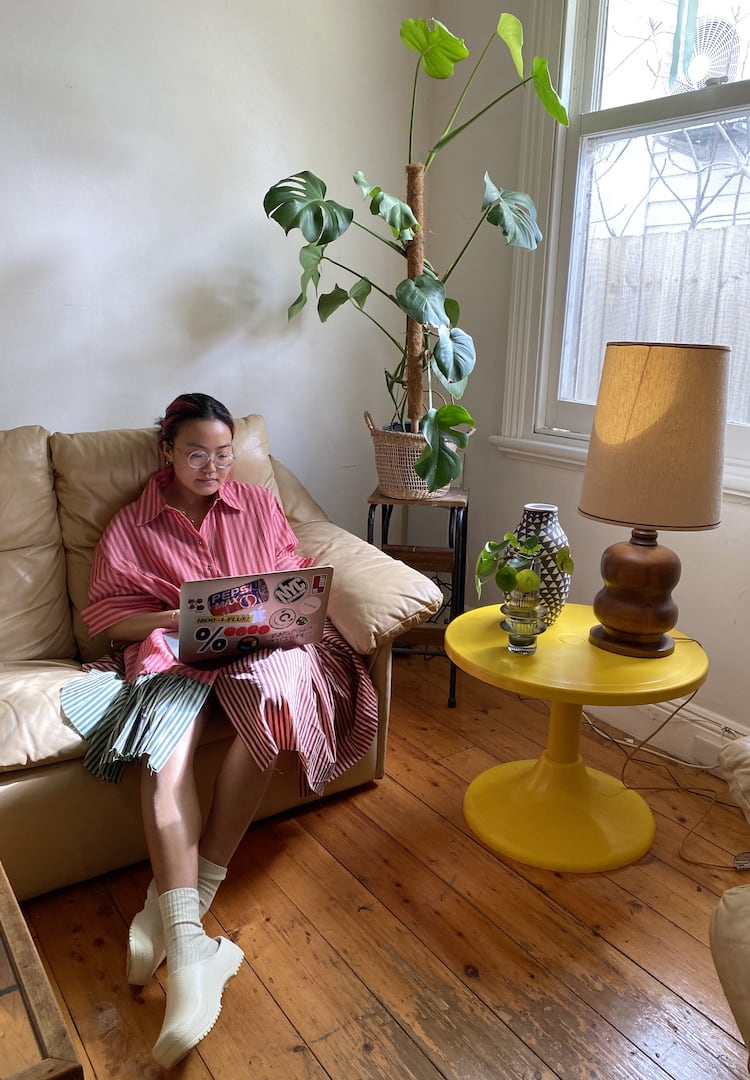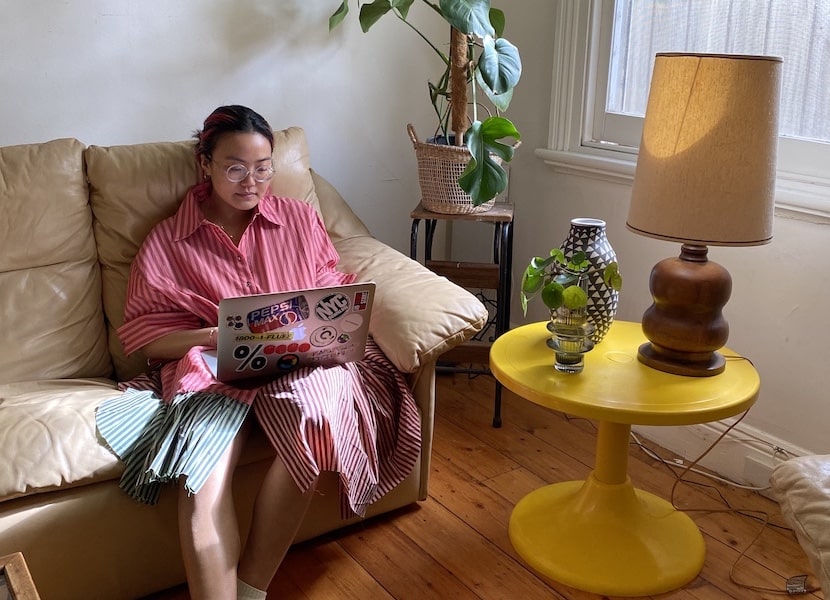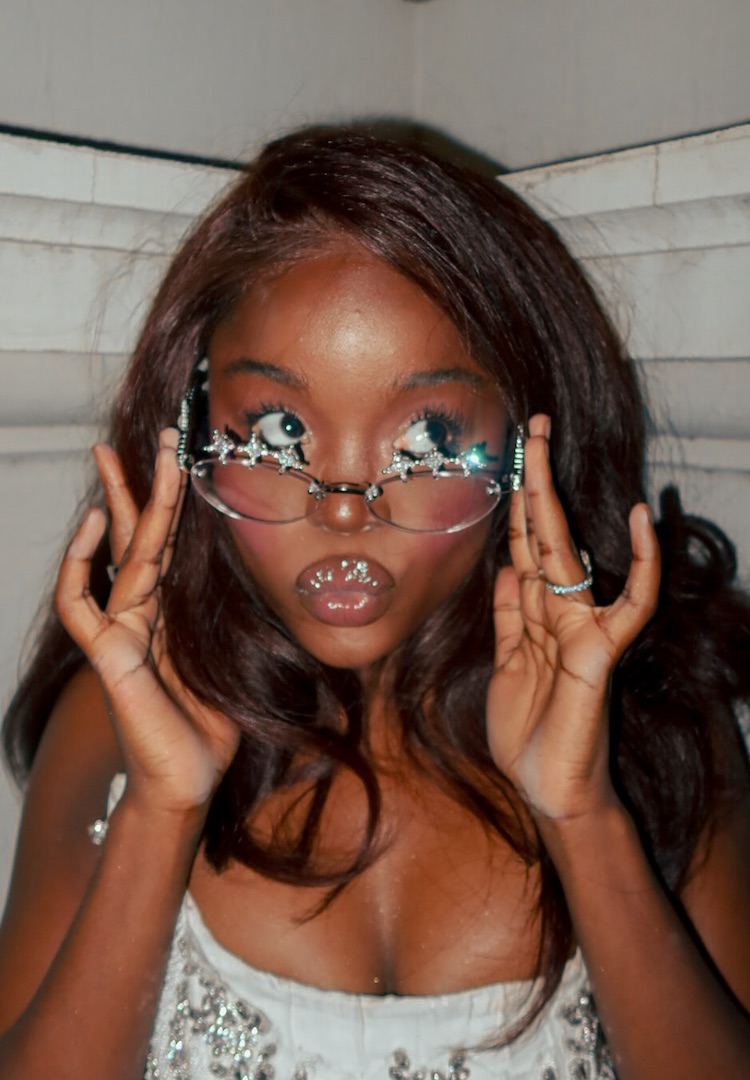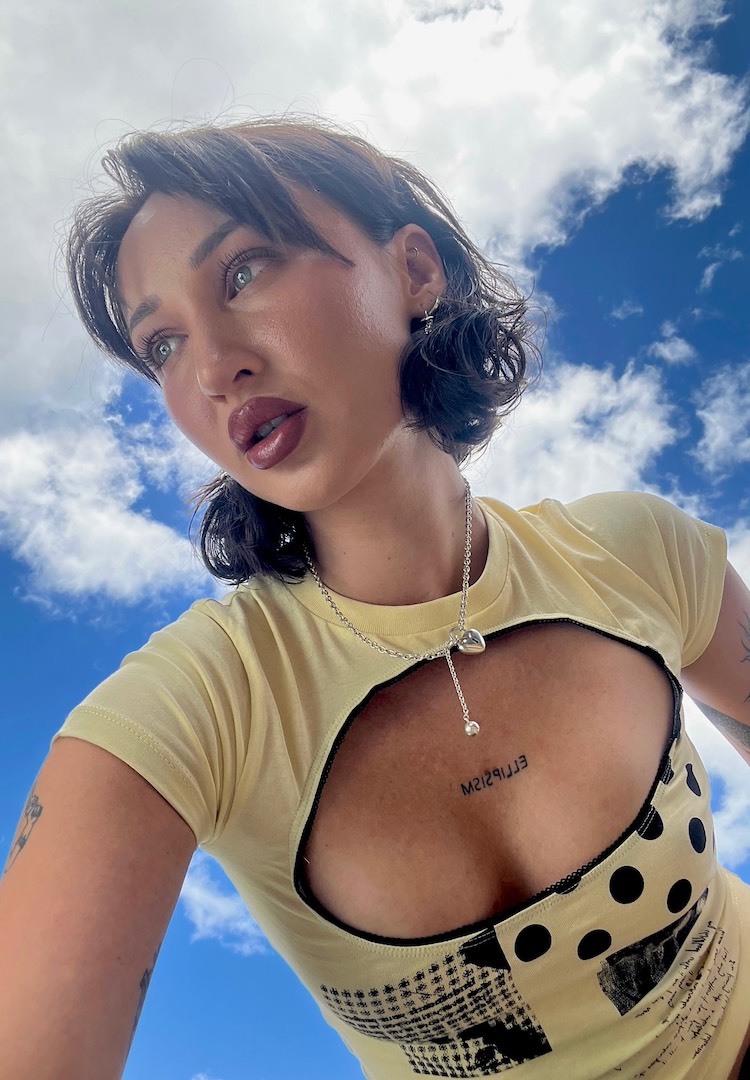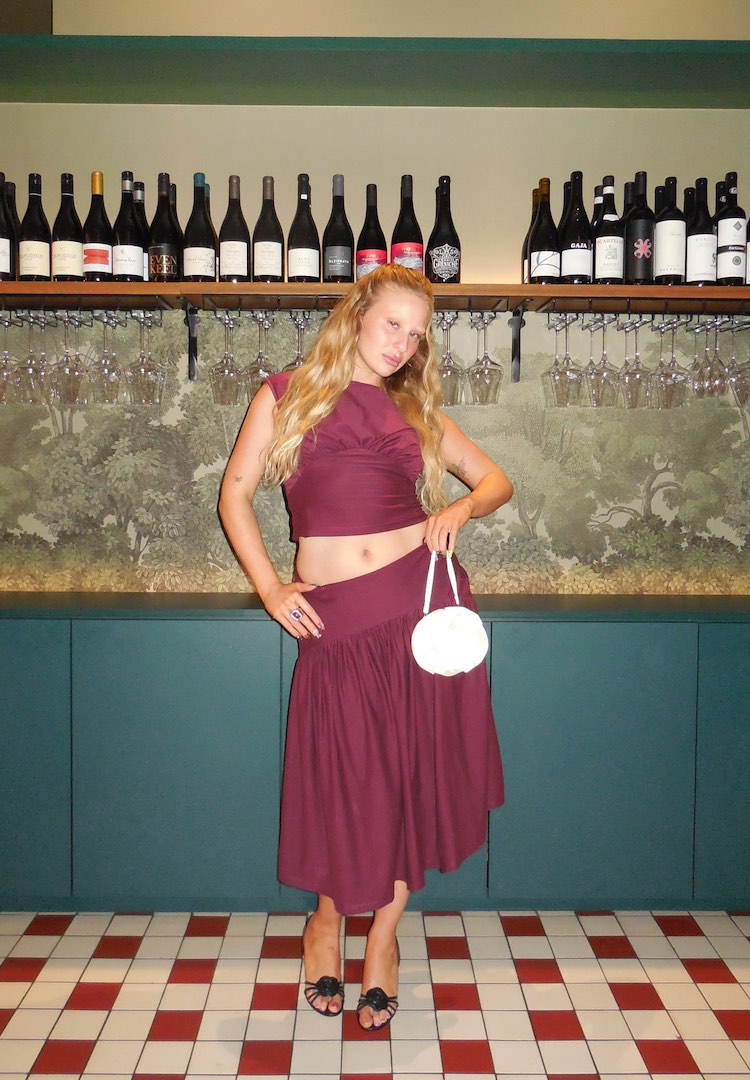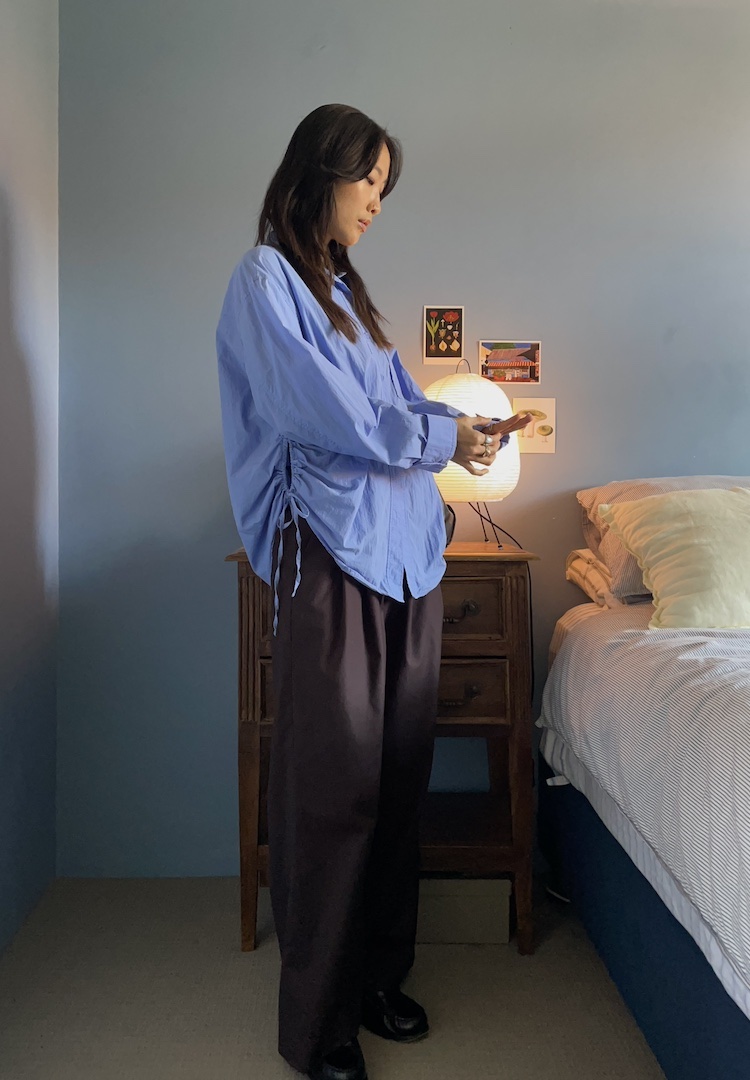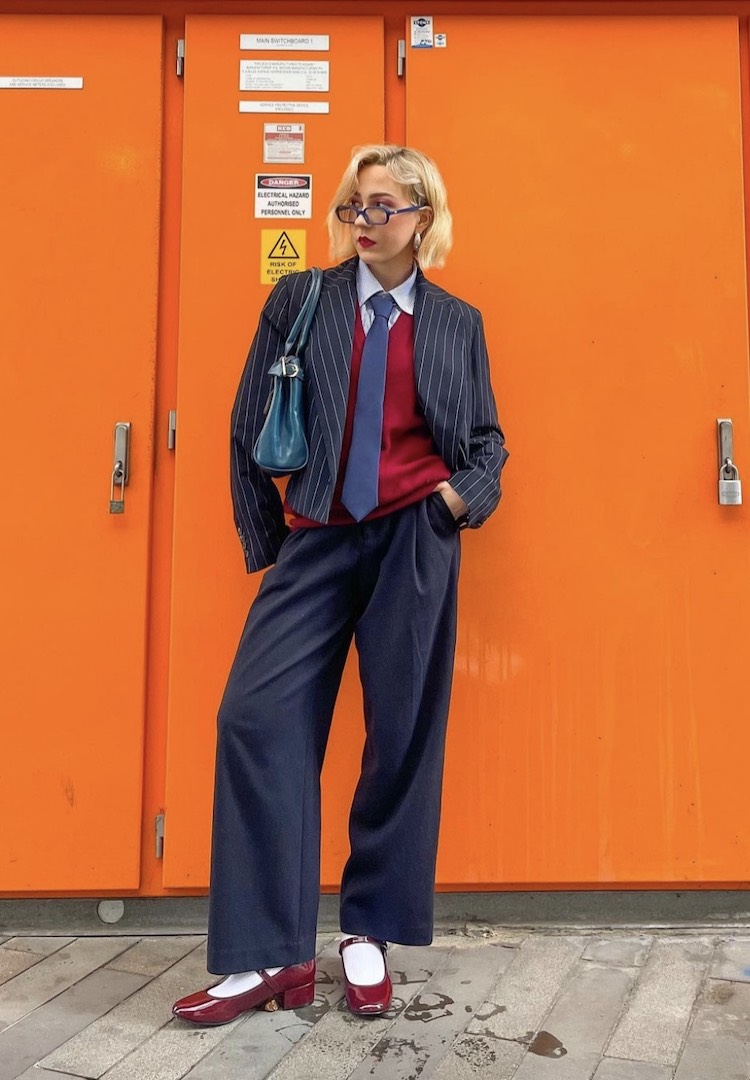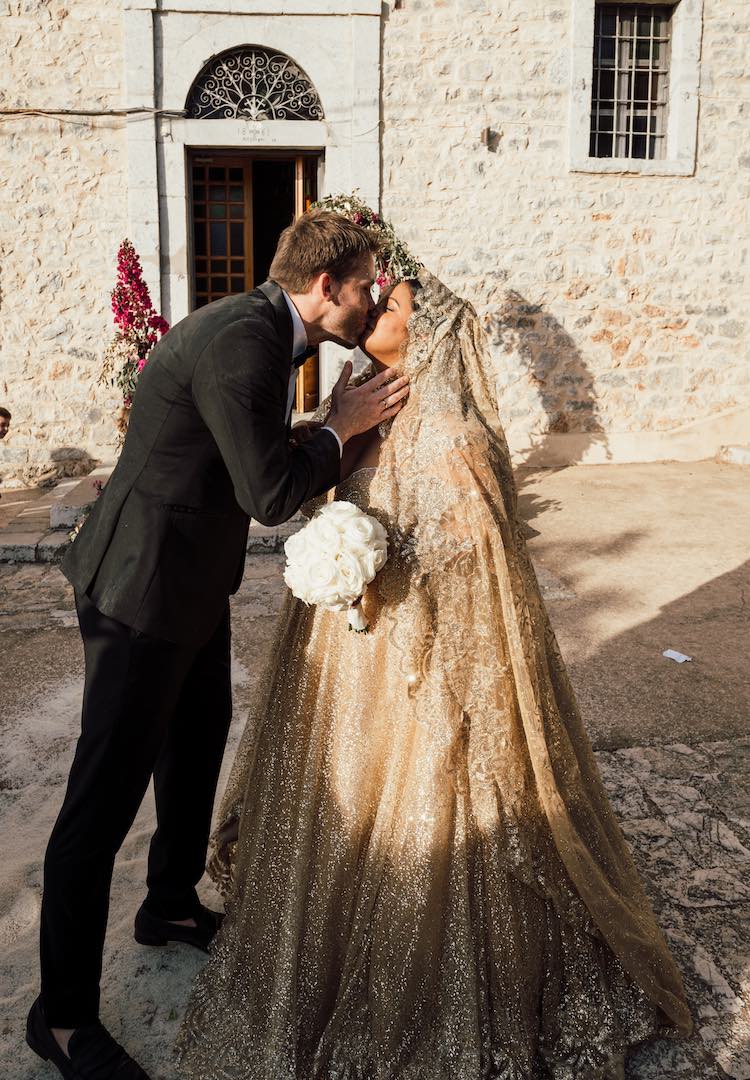How I Do It: Web developer and creative strategist Catherine Huang on why it’s okay to stray from where you started
IMAGE VIA CATHERINE HUANG
WORDS BY IZZY WIGHT
“I’ve tried so many things – some worked out, some less so. Life is full of risks, but a life with risks is far richer than one without.”
Impressive job titles are one thing, but what about people who have carved out their own niche and created a job specifically for them? Rather than landing that covetable LinkedIn byline, working for yourself presents a whole new way to choose your own adventure. That said, it’s not always about exploring the road less travelled – sometimes it can mean forging your own entirely untrodden path.
We round up the best career advice weekly. Keep up to date with our Life vertical.
It’s a tough slog, but if being your own boss is your own personal dream, How I Do It is the column for you. We’ll talk to established freelancers and friends of FJ who’ve been at this long enough to have the benefit of hindsight, and they might be able to help you figure out how exactly they ‘do’ what they do.
Money, agents, timelines and tight turnarounds – this is how to hack the creative hustle. This week, we hear from creative strategist, content creator and web designer, Catherine Huang. Here’s how she does it.
Run me through the last, say, five years of your life. What’s been happening for you?
Five years ago I was juggling a wild assortment of jobs – basically saying yes to anything and everything that came my way. I suppose nothing’s really changed. I worked in retail, at festivals, as a door girl, a stylist and a DJ – you name it, I did it. I studied marketing part-time and I did a marketing internship with Pageant, which helped me land a job with Melbourne Fashion Festival (MFF).
Above all else, I just wanted to have fun – and I did. I loved trying out so many different things. After MFF, I moved to Berlin and lived there for 18 months. I was the Head of Marketing at a tech start-up; a proper nine to five job. It didn’t really suit me. Eventually, a broken heart brought me back to Australia and the pandemic kept me here.
Since then, most of what I’ve been doing is web and digital work as Peer Process, which – if you can believe – can be traced back to my internship with Pageant. I’d redesigned their website and that caught the attention of my friend Steven (@magicsteven), which led to more work with friends (like Shifting Worlds and Bee A Friend), and from there it’s just sort of taken off. My new clients have generally been via word of mouth, so it’s all very flattering.
I don’t like to label what I do too strictly, mostly because it is constant ebbs and flows anyway and even Peer Process – which oscillates between being side hustle and full hustle – isn’t all I do. Right now, I’m also the Marketing and Publicity Coordinator at the Emerging Writers’ Festival, I do a couple of things behind the scenes for Verner, and I’m about to start working with the production studio Rdystdy. So yeah, nothing’s changed (lol).
How do you explain to extended family members what exactly you ‘do’ for work?
I tell them that I do a bunch of stuff online – building websites mostly. It’s challenging trying to explain to my folks what I get up to, especially because I’m generally not holding down a traditional job with a normal title.
I know their idea of work is something more traditional, consistent, stable. But I think over the years, they’ve learnt to be happy for me because I’m always doing something and never too stressed or unhappy. I’ve proven to them that this is how I like to work and they understand that, which is all I can ask for.
How do you explain to them how you pay the bills?
Well, I think me and my parents have come to the natural conclusion that it’s best we don’t have this conversation anymore! When you don’t work a salaried job, you don’t always know when your next paycheck will be and you don’t necessarily know how much you’ll make in a year. It’s a gamble, for sure. But at this point, my parents are kind of used to it.
They’ve seen me be terribly unhappy in my ‘stable’ job with a regular paycheck and how much happier I’ve been when I’m working for myself, so we all agree it’s better not to ask questions. Plus, short of me having to thrust my bank account in their face, they know I’m responsible and that I save a small safety net just in case.
What do you wish people knew about what you do and why you do it?
View this post on Instagram
I guess I touched on this earlier but I really find it so much fun; I love the freedom that comes with how I work. I choose my hours, I choose the people I work with and I choose the projects I work on. I’m so lucky when these opportunities land at my doorstep. I get to support the creative pursuits of others and that means a lot to me too; helping realise the passions of others. I never really know where life will take me next, but that’s what I love most.
Take me back to age 18, when you left school. Did you have any sense of what you wanted to do, and if so, what steps did you first take?
No, I really had no idea. I was 16 when I submitted my university course preferences and I really was just taking a wild stab in the dark. I liked my optometrist at the time, so I applied for a couple of courses that were on that pathway. When I went into uni, it was really clear to me that I didn’t have the same drive or passion for health sciences as my peers. But I still didn’t know what I wanted to do.
It can be confronting being around people who have their lives ‘sorted out’ at such a young age, but they’re almost always the exception to the rule. I know so many people that have ended up on different paths from where they originally started. I really wish I’d heard that when I was younger – that it’s more than okay to stray from where you started.
Take me back to your early twenties, when you were just finding your feet. Did you have any sense of where you were going, and if so, how did you get there?
I think things were starting to line up a bit more. I was definitely thinking more about the kinds of people I wanted to work with and the sorts of projects I wanted to be involved in.
For a while, I thought I wanted to work strictly in the fashion industry. I was definitely on that trajectory and a lot of that was forming new connections, offering myself up for work and being in the right place at the right time.
I’m glad I’m not totally immersed in it anymore, but back then I was throwing myself 110 per cent into every job I could get in the industry, which only led to more opportunities. I’m sure that that journey made it possible for me to be where I am now. None of what I’ve done is entirely linear, but it all connects in some way.
What’s a common misconception about people who work freelance?
I’m not entirely sure. I think social media and influencers have made the whole freelancing thing look very aesthetically pleasing, spending lots of time in cafes drinking oat lattes. Truth be told, most of the time I am in my room, working across two monitors, losing my little mind, trying to get a line of code right. Web work is hardly sexy.
How did you learn to set your own rates? Do you have any resources to share/any bits of advice when it comes to dealing with the money side of things?
I’m still learning! It’s hard setting your own rates and I have had to raise them a couple of times since I started freelancing to better value my work and output. I also had to factor in things like tax and super, rent if you need a studio space, etc. I tend to charge per project rather than by the hour though, which suits me as it allows me to learn and work at a pace I’m comfortable with.
Honestly, my best advice is to just keep track of everything. I’m old school and do it manually with a spreadsheet, but you can always rely on an app or software if you’re not so good with tables and figures. And a good accountant. My accountant works magic.
What advice would you give to someone who is thinking of leaving school and freelancing for a while in their chosen creative field?
You literally just won’t know if you don’t try. I’ve tried so many things – some worked out, some less so. Life is full of risks, but a life with risks is far richer than one without.
More practically, think about the people you surround yourself with! You want people that will support you and lift you up – meaningful connections. The people I’ve met along the way have been crucial in allowing me to get this far with my own hustle.
Honestly, you really have to just embrace it, want it and enjoy it. Life’s too short to do stuff you don’t like. The second I stop enjoying this, I’m out! On to the next adventure… whatever that is.
See more of Catherine and her work here.


